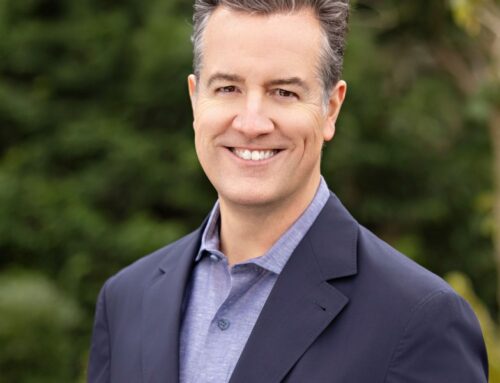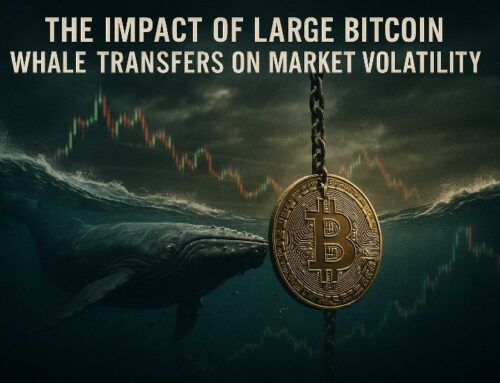Local View: Global courts poised to criminalize environmental devastation
January 2, 2025
Ecocide, or “killing one’s home,” is legally defined as “unlawful or wanton acts committed with knowledge that there is a substantial likelihood of severe and either widespread or long-term damage to the environment being caused by those acts.”
The root eco comes from the Greek oikos, meaning home. And cide, from cidere, means to kill.
More than 50 years ago, Professor Arthur Galston, a biologist at Yale University, used this word, ecocide, to describe environmental damage caused when the U.S. sprayed more than 20 million tons of the deadly toxin Agent Orange during the Vietnam War. Agent Orange defoliated jungles in Cambodia, Vietnam, and Laos and caused cancers, neurological disease, and birth defects in at least 3 million people.
Ecocide means killing one’s home — and that’s what we’re doing. We see it every day: droughts, floods, fires, hurricanes, melting icecaps, rising seas, dead coral reefs, and extinct animals and botanical species. We are killing our home.
Galston advocated for an international agreement to ban ecocide.
Through efforts by lawyers, human-rights advocates, and civil society members around the world, now, 50 years later, we have reached a remarkable milestone: Ecocide is under consideration at the two most important courts in the world to protect the environment and to end impunity for those who cause environmental devastation.
On Dec. 4, a proposal was introduced to the International Criminal Court in The Hague, Netherlands, to make ecocide the fifth international human-rights crime, along with, and of equal gravity as, genocide, crimes against humanity, war crimes, and the crime of aggression.
I was present at that momentous meeting of the Assembly of States Parties of the court on Dec. 4.
The court prosecutes individuals for these crimes, holding the highest-level accused perpetrators accountable for actions occurring almost anywhere in the world. Although it will take time for the crime to be codified and ratified by the 125 state parties, this process is now formally underway.
That same week, on Dec. 2, environmental issues were introduced at the International Court of Justice, also located in The Hague. This court’s mandate is, one, to adjudicate states’ treaty disagreements and, two, to render opinions on legal questions brought by the United Nations General Assembly.
Law students from Pacific Island countries that are at risk of being completely submerged by rising seas brought this issue to the International Court of Justice. The students began their campaign in 2019 with the slogan, “We are taking the world’s biggest problem to the world’s highest court!”
The International Court of Justice judges will determine what international law requires states to do about the climate crisis and the consequences for states that harm the climate through actions or omissions. Representatives from 98 countries and 12 organizations will address the judges. Some states, like the U.S., maintain that current voluntary practices, such as ratifying the Paris Climate Accords (which the incoming administration is once again likely to withdraw from), are sufficient. Other states, particularly smaller states suffering grave environmental consequences from the largest-polluting states, want the force of law to protect, punish, and mitigate environmental damage.
The proceedings began a week after developing nations denounced a deal at COP29:
$300 billion a year by 2035
to help poorer countries cope with climate change, an amount they assert is woefully insufficient.
Criminalizing ecocide internationally can deter malfeasance, punish perpetrators, highlight individuals and entities taking positive action, encourage activities to mitigate, and prevent lower-level damage.
Ecocide can also be prosecuted as an element of the other four human-rights atrocity crimes. Many states have already legislated environmental crimes into their own domestic statutes, and more will add it to their own laws as the international movement goes forward.
Support for an international ecocide law is endorsed by public figures including Jane Goodall and Pope Francis.
The human consequence of ecocide is violence.
Since 2014, the U.S. Department of Defense has warned that the climate crisis is a “threat multiplier” of violence. In 2021, the Department of Defense reported, “There is significant interaction between conflict and climate change.” The United Nations has been sounding the alarm to us since 2004.
The single-greatest stressor is a lack of water. Expanding deserts will produce conflict and will displace 700 million people by 2050. Scarce water in Sudan’s Darfur region led to the first genocide of the 21st century. Years of droughts in Rwanda, and drought-induced hunger, fueled Rwanda’s genocide in 1994. And the worst drought and famine in Syria’s history resulted in the region’s collapse in 2013.
Women and girls, children, the sick, and the elderly are disproportionately affected, often left behind in a climate catastrophe.
Climate refugees have no legal protection. They are not included in any of the three United Nations refugee conventions – which the US has not even ratified.
We must hold perpetrators responsible for killing our home – just like we hold perpetrators responsible for genocide, for killing a people.
The time is now to share this message; to encourage passage of the word ecocide at municipal, state, and organizational levels; and to be inspired by advocates like Arthur Galston and the young law students.
Ellen J. Kennedy of St. Paul is founder and executive director of
World Without Genocide
, a human-rights organization that has been in special consultative status with the Economic and Social Council of the United Nations since 2022. She wrote this for the News Tribune.

GET INVOLVED
World Without Genocide will hold a public webinar, “Women and Ecocide: Victims of Environmental Destruction,” on Thursday, March 6, 7-8 p.m. CT, in commemoration of International Women’s Day. Register at
www.worldwithoutgenocide.org/womenecocide
.
Search
RECENT PRESS RELEASES
Related Post



